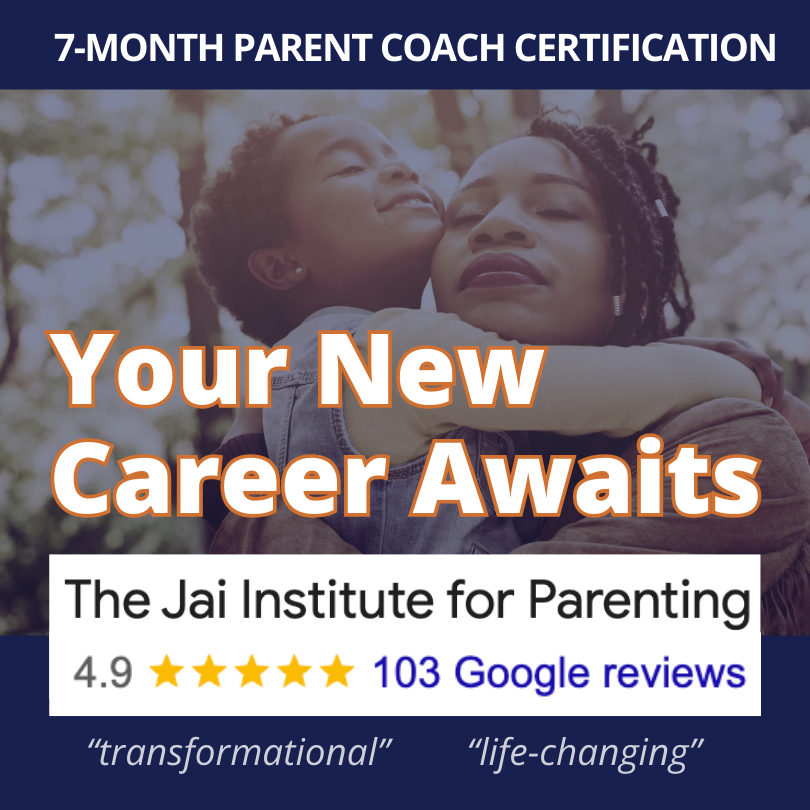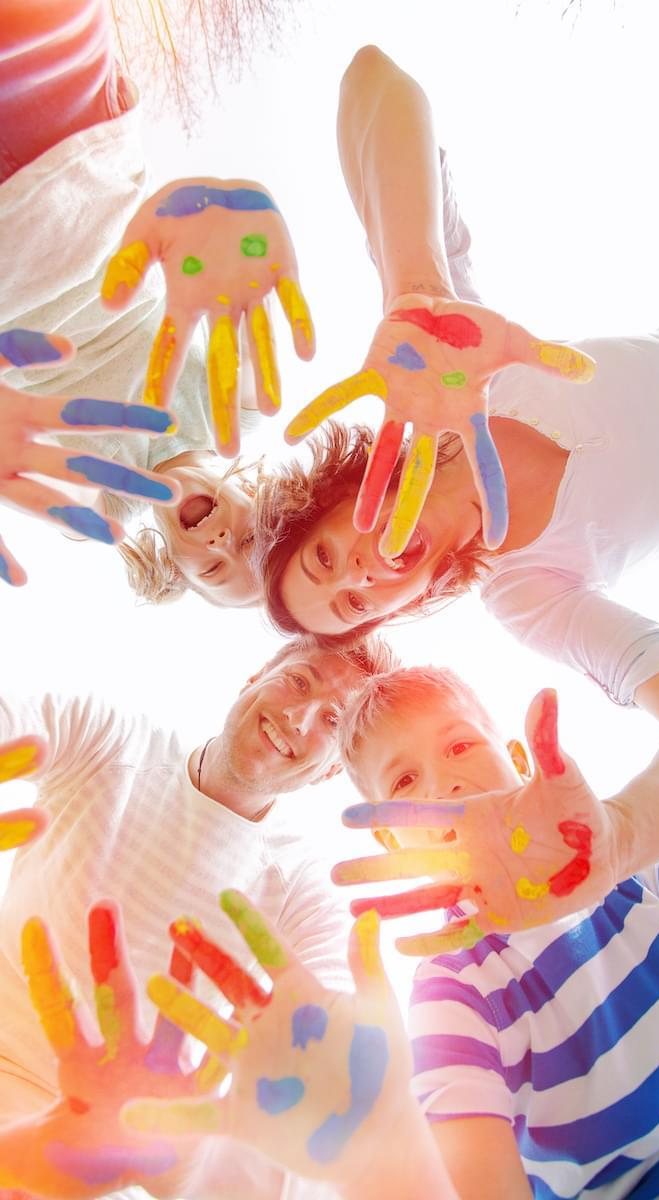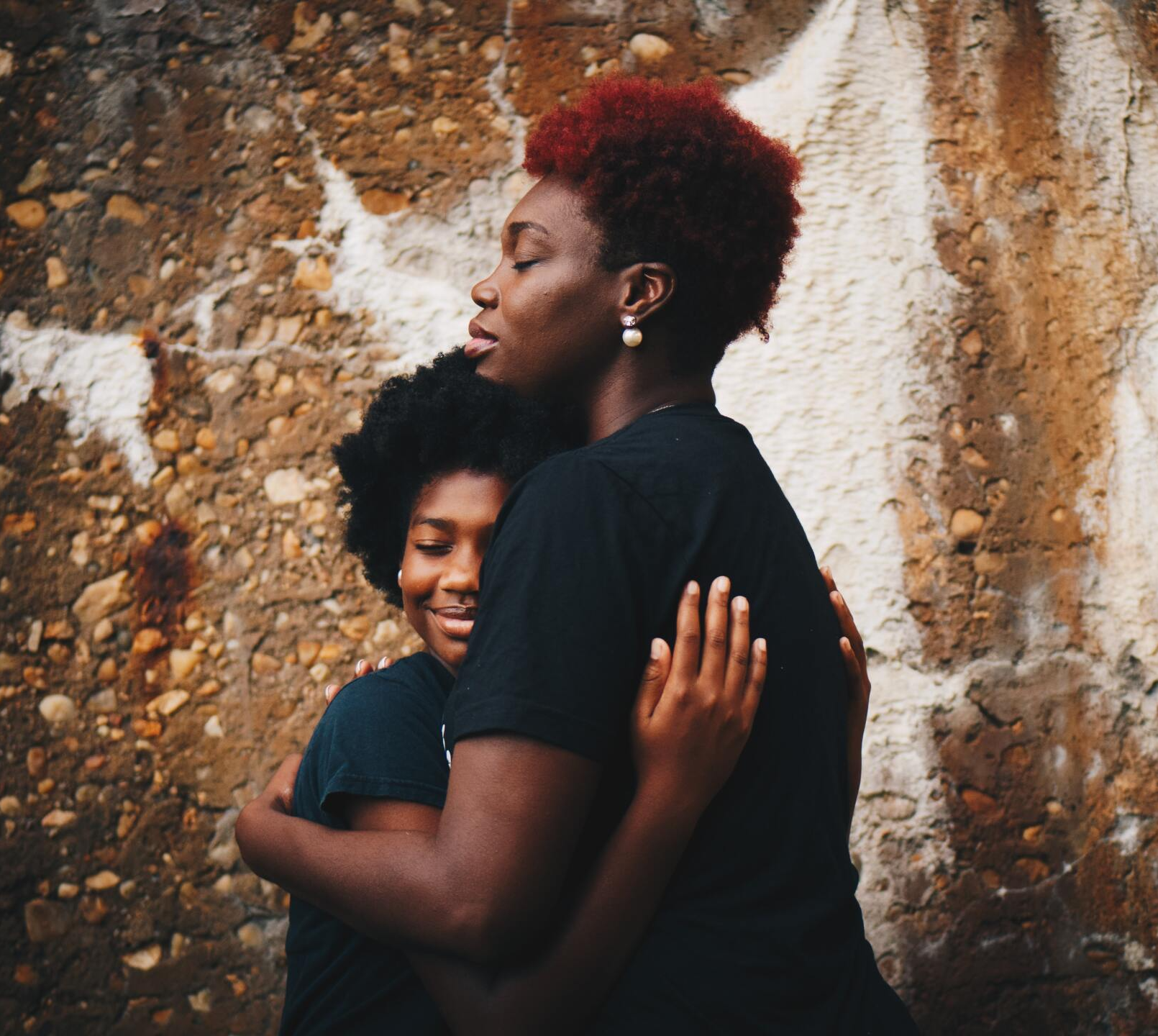Want to Raise a Confident Child? Start with These 3 Words
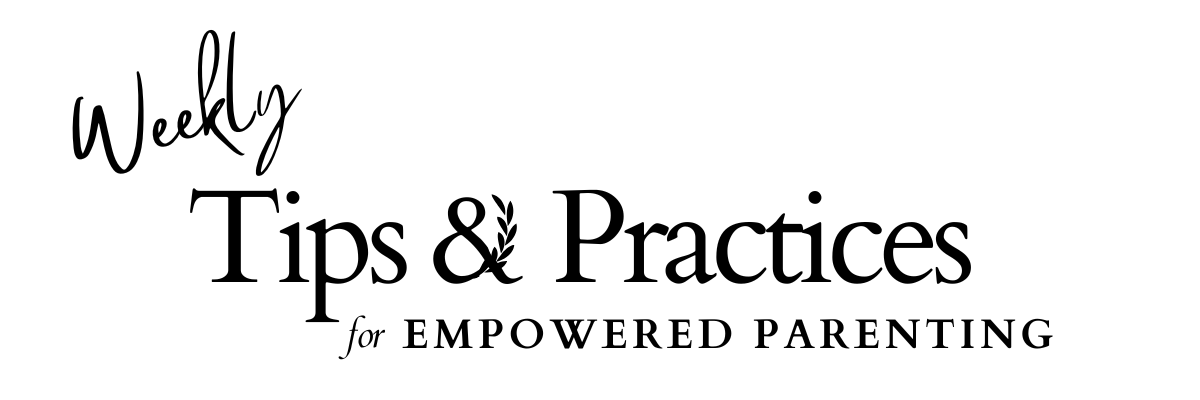
How many of your interactions with your child are rooted in fear or the need for control?
And how many are guided by trust and connection?
Most of us were raised within paradigms shaped by behaviorism, which is the idea that managing a child’s actions would lead to “good behavior,” and that compliance equaled success.
But research in child development, attachment theory, and emotional intelligence tells a different story: behavior is communication.
When we focus only on correcting behavior, we risk missing the deeper message beneath it—the feelings, the unmet needs, the longing to be seen and understood. If we want to truly support our children’s growth, we need to look beneath the surface.
And often, that begins with shifting how we see our children—and ourselves.
This kind of shift takes time. It asks us to explore the beliefs we’ve inherited, to sit with discomfort, and to begin parenting from a place of inner steadiness, self-compassion, and intention.
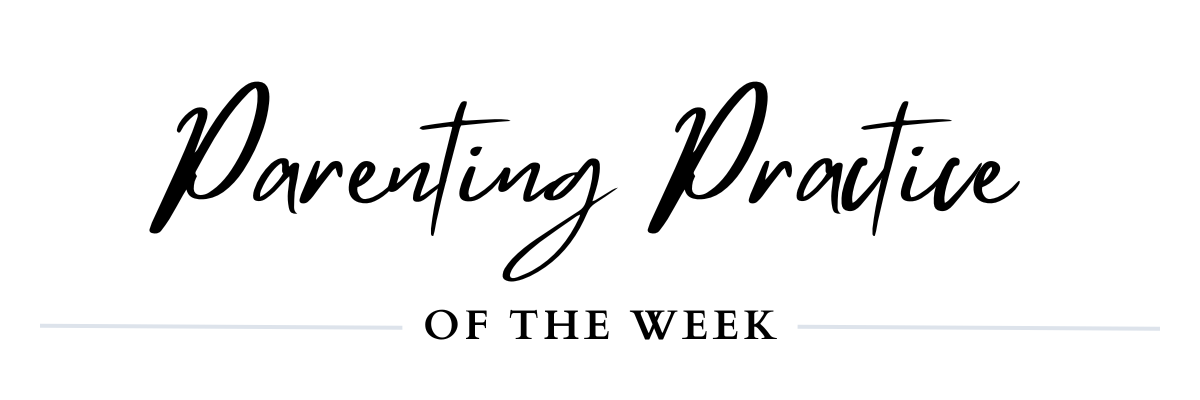
What Changes When We Choose to Trust Our Children
This week’s tool: “I trust you.”
The next time you feel the urge to step in—to offer advice, to fix, to lecture, or to rescue—try pausing and saying just these three words instead:
“I trust you.”
Start with something small and low-stakes. Maybe it’s when they’re sharing a story about a friend conflict, when they want to climb the tall play structure, or when they decide to put off starting their homework. Pause, take a breath, and say:
“I trust you.”
They might look surprised. They might light up with pride. Or they might stumble a little and learn something valuable along the way.
But what begins to take root is this: My parents see me as capable. My voice matters. I can trust myself.
True autonomy isn’t built through years of being told what to do. It’s nurtured through years of being trusted… gently, consistently, and with love.
READ MORE:
Curious for more?



